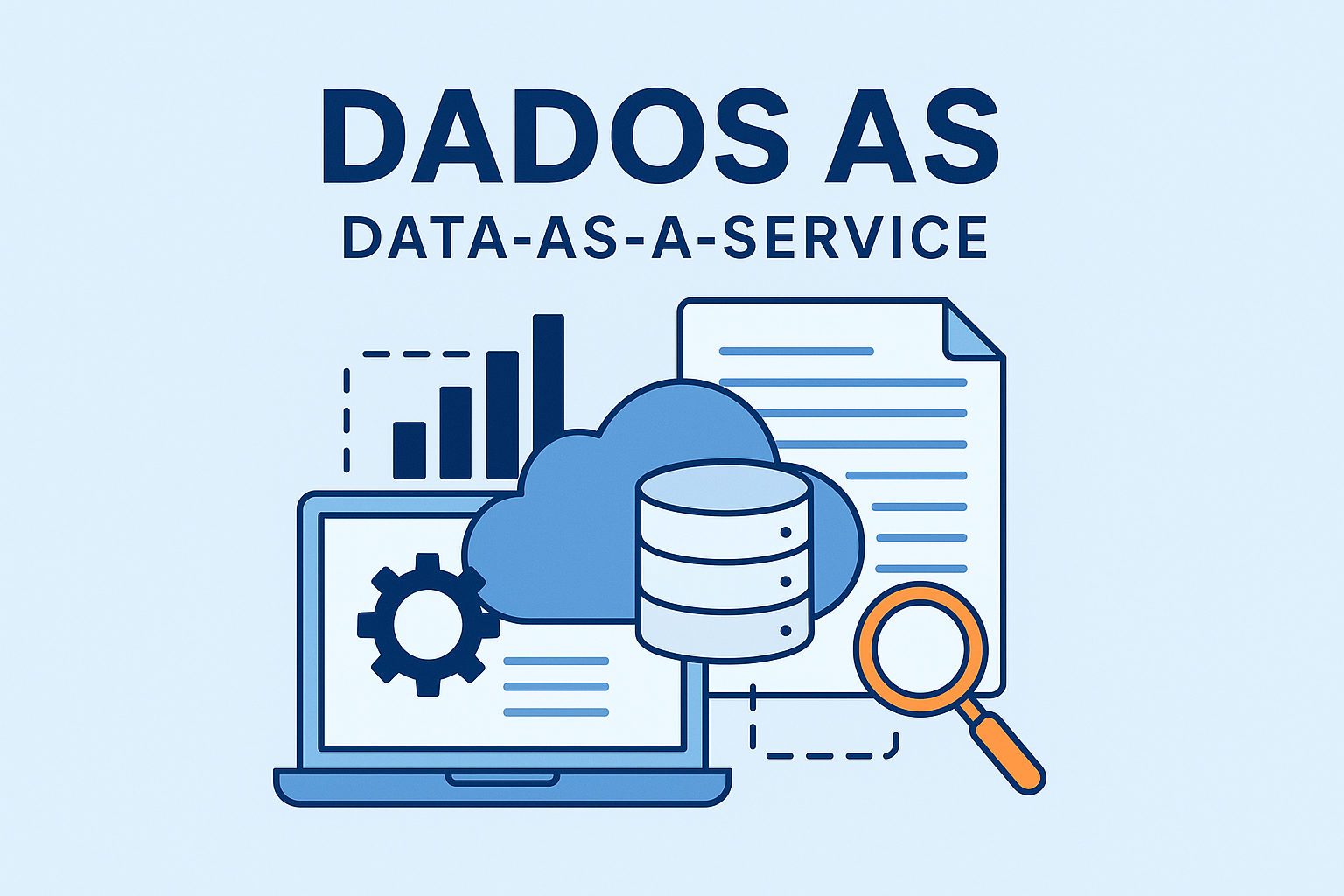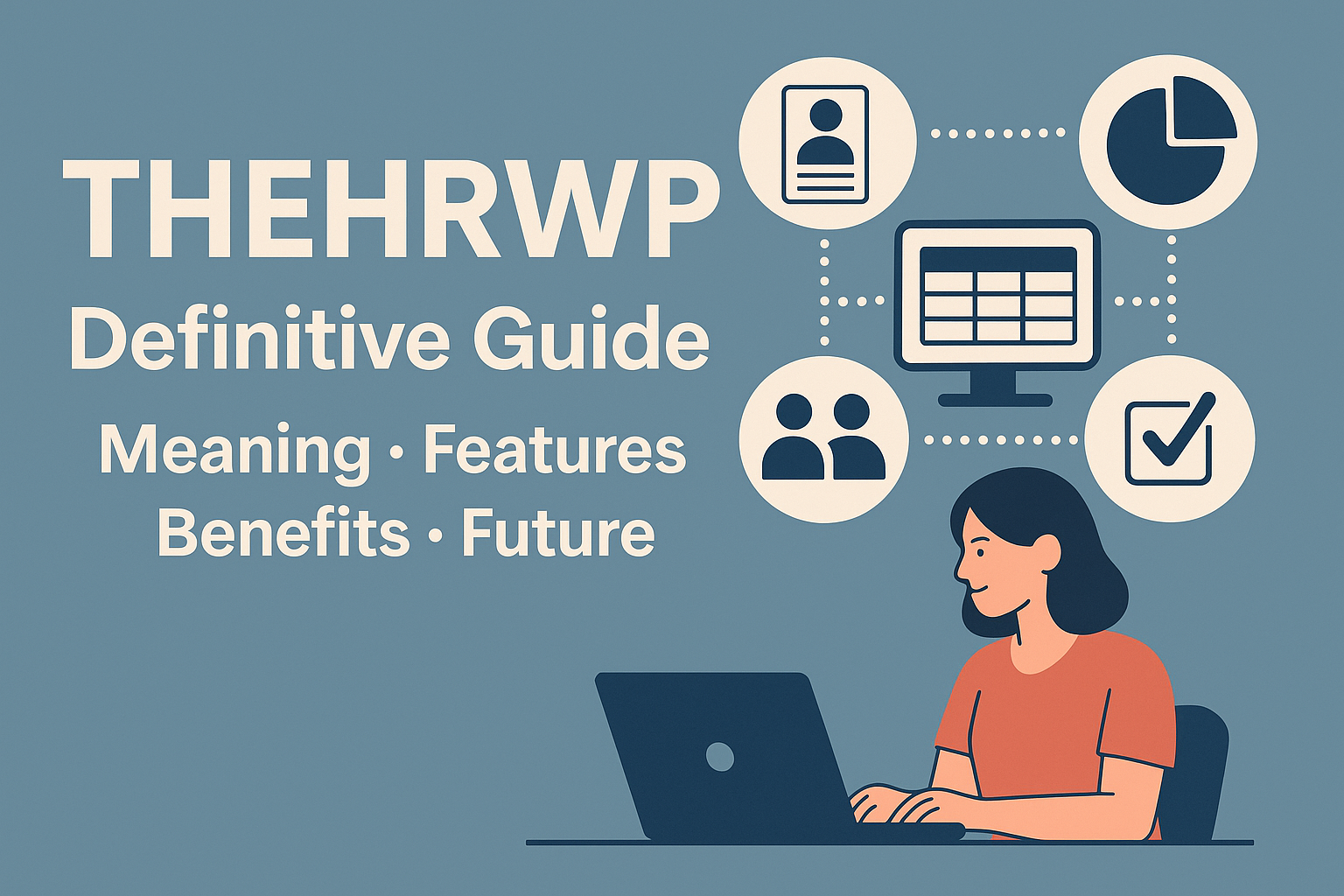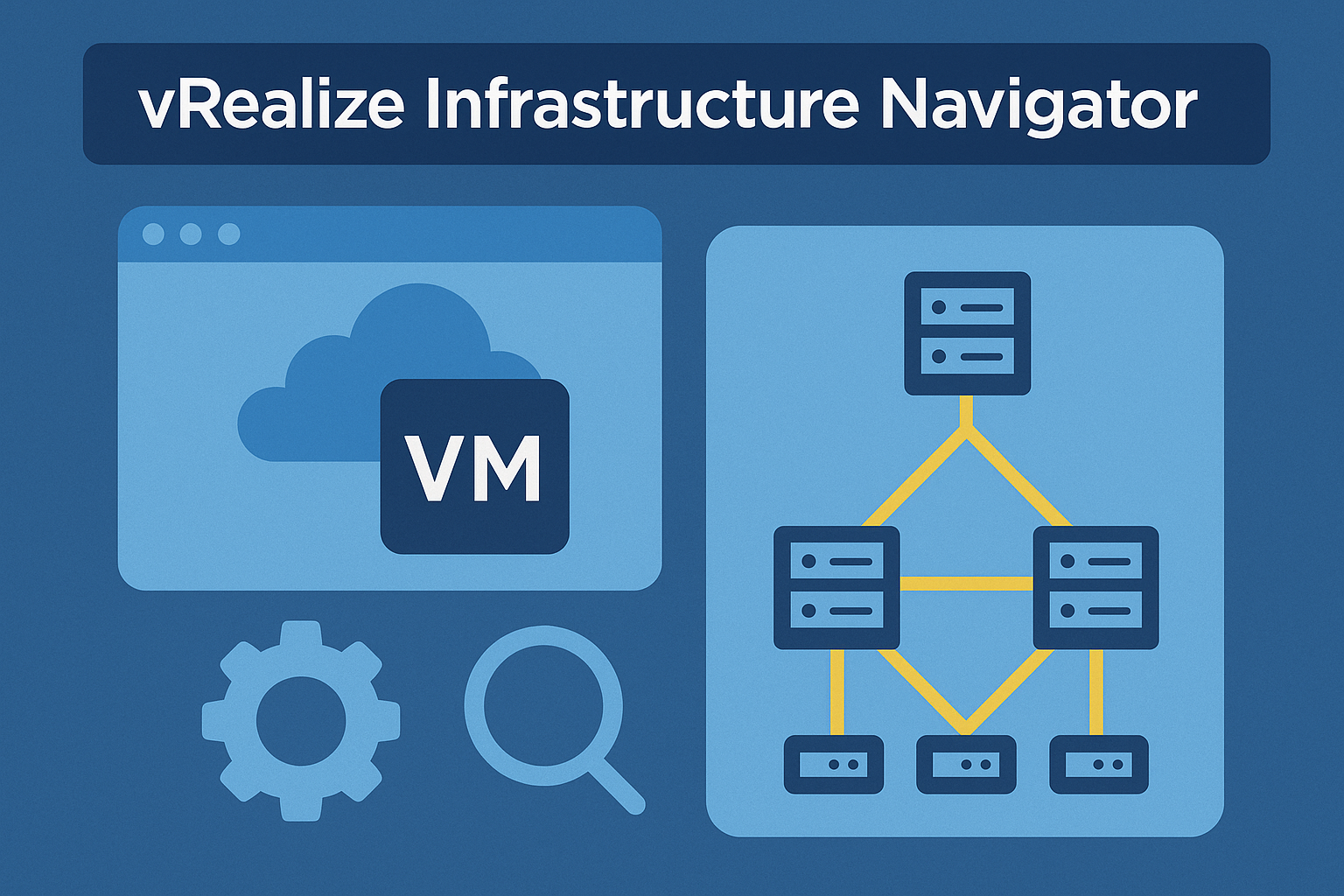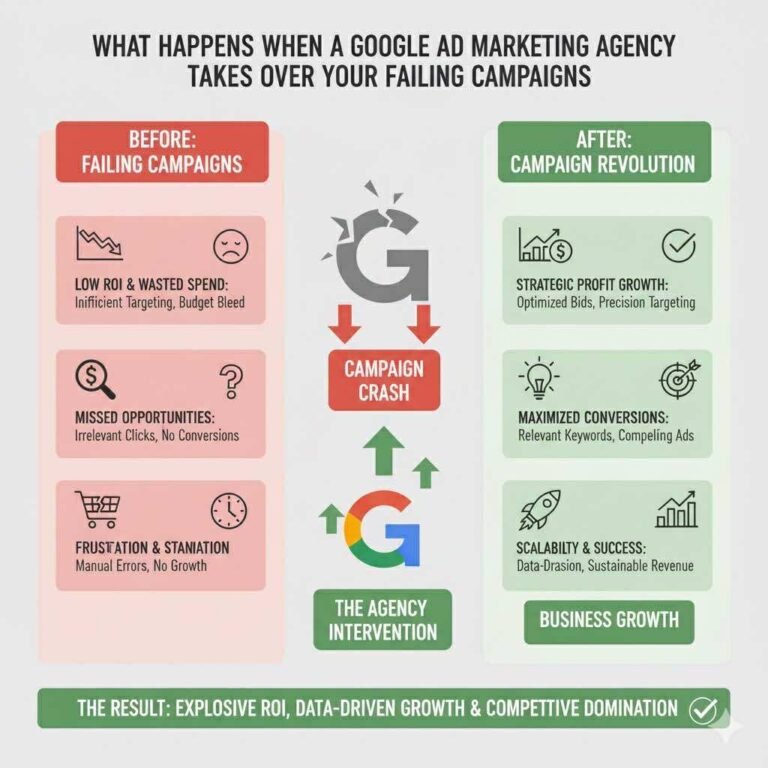Dados as: Data-as a Service Explained
Data is important for every business, hospital, bank, school, and government. It helps people make better decisions. It helps companies understand their customers. It helps doctors save lives, This is why Dados as, also called Data-as-a-Service , is growing fast. It is a way to get data from the cloud when you need it. You do not need to build large systems or buy expensive hardware. You just connect, request the data, and use it Coomersu
This guide explains Dados as in a simple way. It uses clear questions and answers so anyone can understand it.
What is Dados as?
Dados as means Data-as-a-Service. It is a cloud service. Instead of keeping data on your own servers, you get it through the internet.
Think of it like electricity. You do not build a power plant. You just plug in and pay for what you use. Dados as works the same way. You connect to a provider and receive the data you need.
How Does Dados as Work?
Dados as works in a simple process:
-
Data Collection – Data comes from apps, websites, devices, and other sources.
-
Data Storage – The data is stored in the cloud.
-
Data Delivery – APIs, dashboards, or reports deliver the data to users.
-
Data Security – The provider keeps it safe with encryption and rules.
Main Parts of Dados as
There are four main parts in Dadosas:
-
Data Sources: These are the places data comes from, like customer apps, sales systems, or IoT devices.
-
Cloud Infrastructure: This is the online server that stores data and makes it scalable.
-
APIs and Interfaces: These are tools to request and use the data.
-
Security and Governance: These make sure data is private, safe, and legal.
Benefits of Dados as
Organizations choose Dadosas because it has many benefits:
| Benefit | Simple Meaning |
|---|---|
| Faster Insights | You get answers quickly. |
| Cost Savings | You save money by not buying big servers. |
| Scalability | You can start small and grow easily. |
| Easy Access | Even non-technical people can use it. |
| Better Decisions | Real-time data helps leaders act faster. |
Who Uses Dados as?
Dadosas is used by many people and organizations:
-
Businesses use it for marketing and sales.
-
Banks use it for fraud detection and loan checks.
-
Hospitals use it to improve patient care.
-
Retail stores use it for inventory and recommendations.
-
Governments use it for public services and data sharing.
Use Cases of Dados as
Dadosas has many uses across different industries.
| Industry | Examples |
|---|---|
| Marketing | Customer targeting, campaign planning, trend analysis. |
| Finance | Fraud alerts, credit risk checks, compliance reporting. |
| Healthcare | Patient monitoring, predictive care, hospital resource management. |
| Retail | Personalized offers, supply chain management, demand forecasting. |
| Smart Cities | Traffic control, pollution tracking, energy management. |
Technologies in Dados as
Dadosas uses different technologies to deliver value:
-
Operational Data Layer : Combines old and new systems into one data layer.
-
Real-time pipelines: Tools like Apache Kafka deliver live data.
-
API-first design: Ensures data is always available through APIs.
-
ETL / ELT: Cleans and transforms raw data into useful form.
Variations of Dados as
Different industries use Dadosas in different ways:
-
Public Sector: Governments use Dadosas to share public data. For example, Brazil’s Gov.br charges per thousand lines of extracted data.
-
Large Enterprises: Big companies focus on integration with CRM, ERP, and security.
-
Security Providers: They market Dadosas as a trust service, with strong encryption and monitoring.
Challenges of Dados as
Even with many benefits, Dadosas also has challenges.
| Challenge | Risk |
|---|---|
| Data Quality | Bad or incomplete data can lead to wrong results. |
| Vendor Lock-In | Sticking to one provider makes it hard to switch later. |
| Compliance | Breaking privacy rules can cause fines. |
| Integration Problems | Old systems may not connect easily with new services. |
| Unexpected Costs | Pay-per-use plans can become expensive if not checked. |
Real-World Examples
-
Banking: Banks use Dadosas to merge customer account data into one view.
-
Insurance: Insurance companies use it to detect fraud and speed up claims.
-
Healthcare: Hospitals use it to predict patient health risks in real-time.
-
Retail: Shops use it to link loyalty data with location data for better promotions.
Future of Dados as
Dadosas is still growing. In the future, we will see:
-
AI Integration: Dadosas will include machine learning for predictions.
-
Edge Computing: Data from IoT devices will connect directly to DaaS.
-
Open Data Growth: Governments will share more public data through DaaS.
-
Privacy Tech: New tools will protect sensitive information.
-
Industry Platforms: Custom DaaS for healthcare, finance, and retail.
FAQs
What does Dados as mean?
It means Data-as-a-Service, a cloud model for delivering data on demand.
Why is Dadosas important?
It helps organizations save money, scale faster, and make better decisions with real-time data.
Is Dados as safe?
Yes, most providers use encryption, access control, and compliance rules.
Who can use Dados as?
Businesses, banks, hospitals, governments, and even small startups.
How is Dadosas priced?
Usually by subscription or pay-per-use, depending on provider.
Conclusion
Dadosas, or Data-as-a-Service, makes data simple to use. Instead of spending money on servers and storage, organizations can get data as they need it.
It offers:
-
Speed
-
Cost savings
-
Easy access
-
Better decisions
Yes, there are risks like compliance and cost control. But the future of Dadosas is bright. With AI, IoT, and privacy tech, it will become even more powerful, For any organization, big or small, Dadosas is not just a new tool. It is the future of data use.







